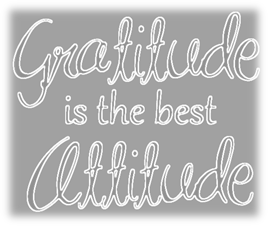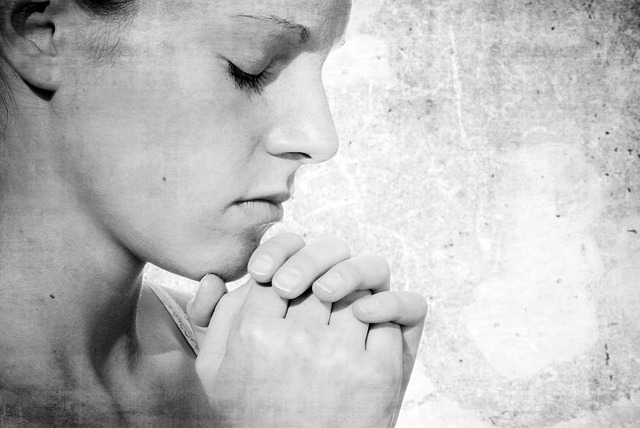It is found that gratitude has enormous benefits. Gratitude boosts happiness, reduces anxiety and depression, and makes us healthier by strengthening the immune system and encouraging better self-care. It’s even been shown to improve sleep and strengthen relationships. And most importantly gratitude sets off a cycle of kindness.
We can create a more compassionate world, a school where there’s less bullying, a workplace where there’s less toxicity by advocating the culture of gratitude.
But the emotion can be problematic in a few situations, like when it feels more like a debt to be paid than an opportunity to say “thank you.” That’s more often the case among men, who are more critical of gratitude than women. Happyho also provide best tarot reading services in Noida and Delhi NCR India area.
Men tend to often feel that if someone does something beneficial toward them, now they’re in debt such that they think about their relationships like a bank account.
Gratitude can also be wrongly motivated, ill-timed or misdirected. Still gratitude is one of the most robust, clearly demonstrated ways to increase our well-being.
But there is a caveat .
The pressure to feel grateful can take away from gratitude’s benefits. Also it’s possible to overdose on gratitude. So it’s important that gratitude comes naturally. Vlog Trying too hard to be grateful is also beside the point.
Moreover not all situations improve with gratitude. Group decision-making scenarios can be threatened by too much of it. And in a family situation it might mean delaying a decisions.
At its worst, too much gratitude toward others might prevent someone from recognizing his or her own worth and even help keep someone in an unhealthy relationship.
However the more grateful someone is, the more likely he or she is to feel control over their own success.
An overemphasis on happiness can also underestimate the importance of other emotions.
Still gratitude can be a helpful way to deal with grief.





